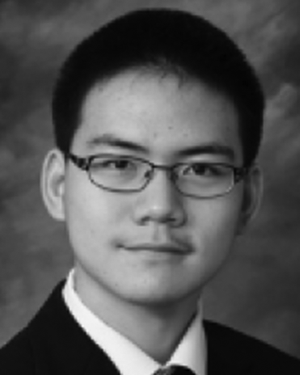Amir Patel (Member, IEEE) received the B.S. degree in mechatronics, the M.S. degree in control engineering, and the Ph.D. degree in mechatronics from the University of Cape Town, Cape Town, South Africa, in 2009, 2011, and 2014, respectively.
He is currently an Associate Professor with the Department of Electrical Engineering, University of Cape Town, and the Director of the African Robotics Unit. He was previously a Visiting Research Scholar with Carnegie Mellon University, Pittsburgh, PA, USA, and Johns Hopkins University, Baltimore, MD, USA, and a Senior Software Developer with Tellumat, Shelton, CT, USA. His research interests include maneuverability in legged animals, bioinspired robotics, optimal control, and novel sensing systems.
Dr. Patel was awarded the Claude Leon Merit Award in 2016 and then the Oppenheimer Memorial Trust Fellowship in 2018. He was a runner-up for the IEEE-RAS Technical Committee on Model-Based Optimization for Robotics Best Paper Award in 2019.
Amir Patel (Member, IEEE) received the B.S. degree in mechatronics, the M.S. degree in control engineering, and the Ph.D. degree in mechatronics from the University of Cape Town, Cape Town, South Africa, in 2009, 2011, and 2014, respectively.
He is currently an Associate Professor with the Department of Electrical Engineering, University of Cape Town, and the Director of the African Robotics Unit. He was previously a Visiting Research Scholar with Carnegie Mellon University, Pittsburgh, PA, USA, and Johns Hopkins University, Baltimore, MD, USA, and a Senior Software Developer with Tellumat, Shelton, CT, USA. His research interests include maneuverability in legged animals, bioinspired robotics, optimal control, and novel sensing systems.
Dr. Patel was awarded the Claude Leon Merit Award in 2016 and then the Oppenheimer Memorial Trust Fellowship in 2018. He was a runner-up for the IEEE-RAS Technical Committee on Model-Based Optimization for Robotics Best Paper Award in 2019.View more 







